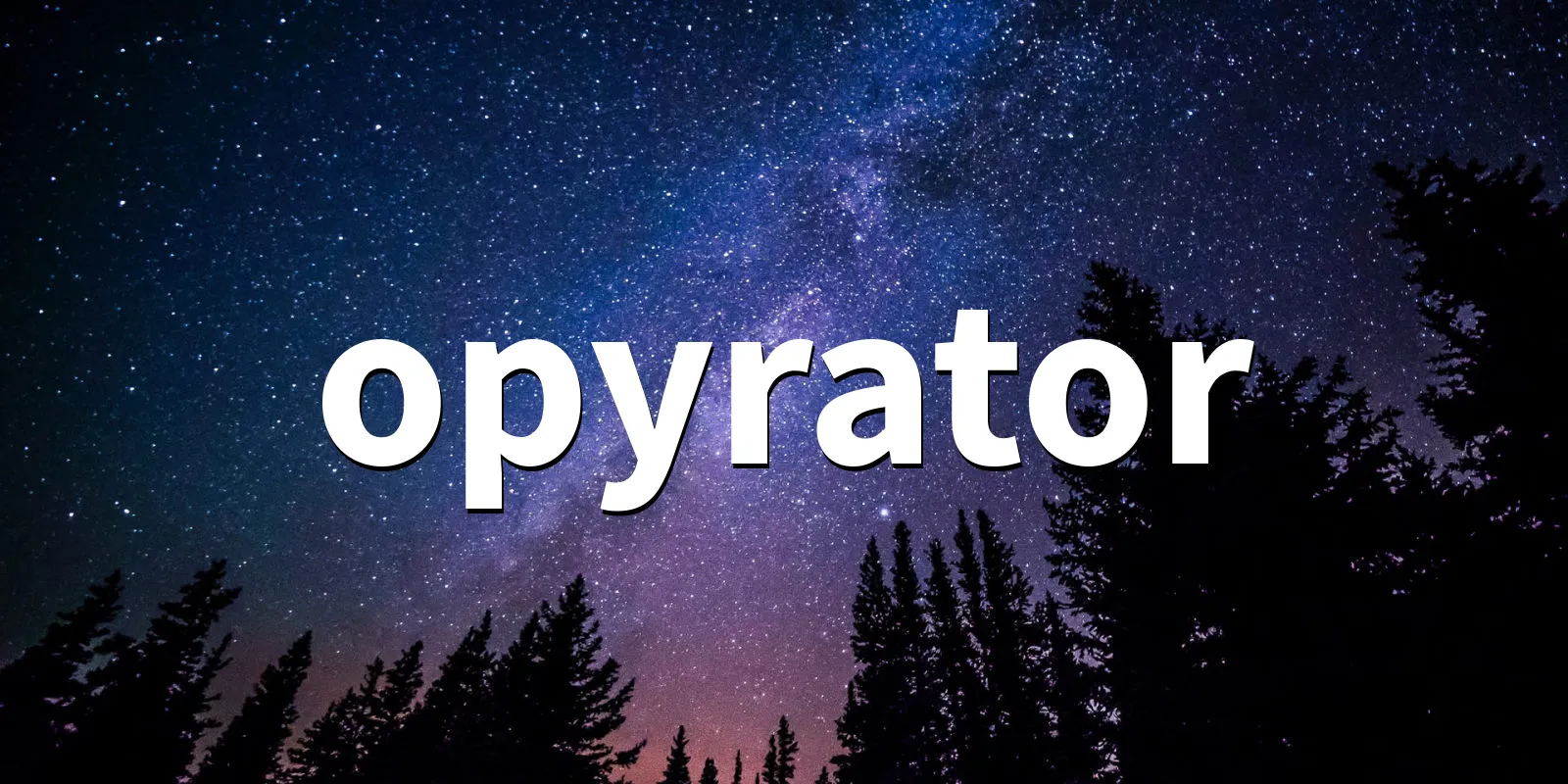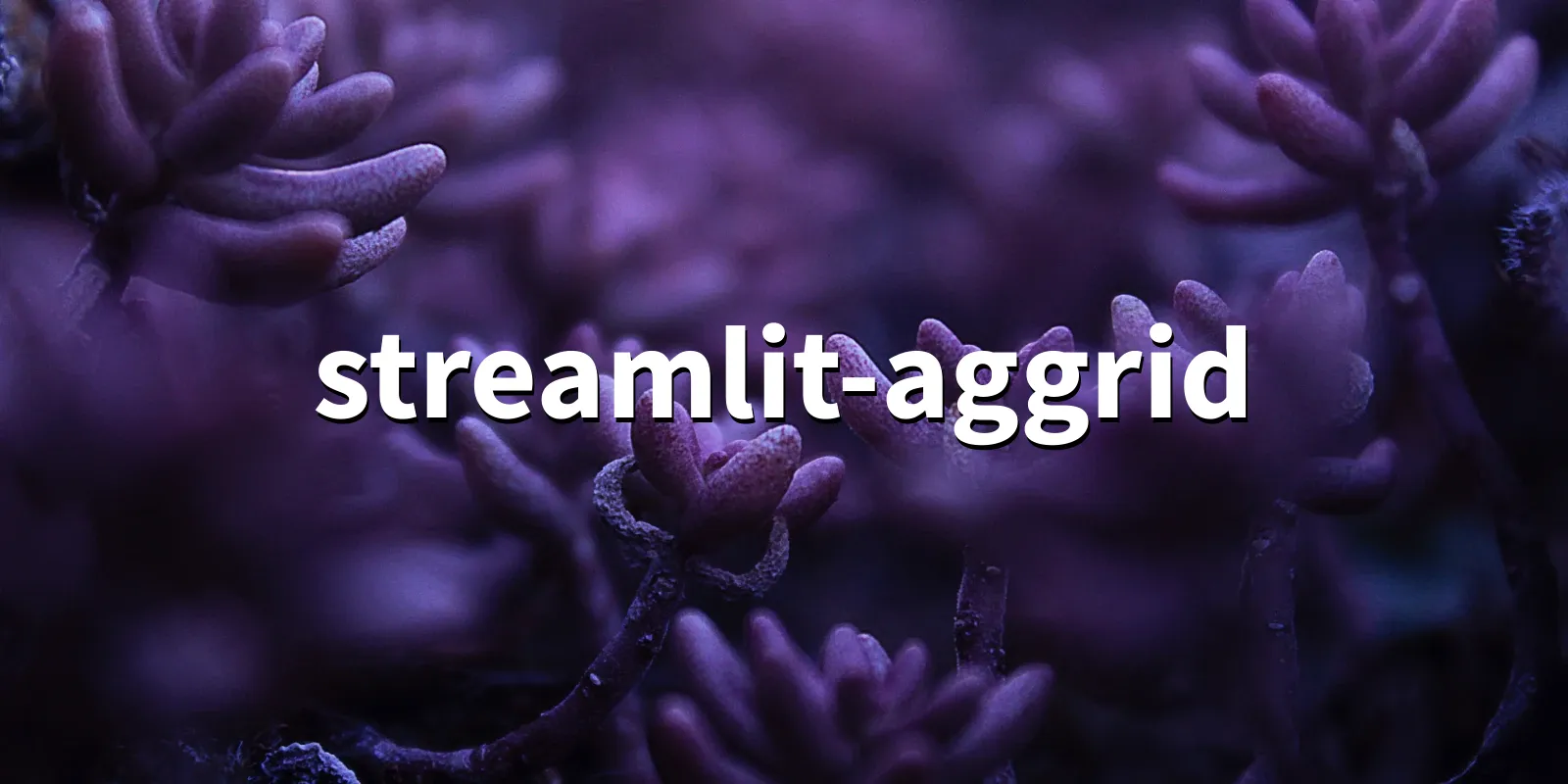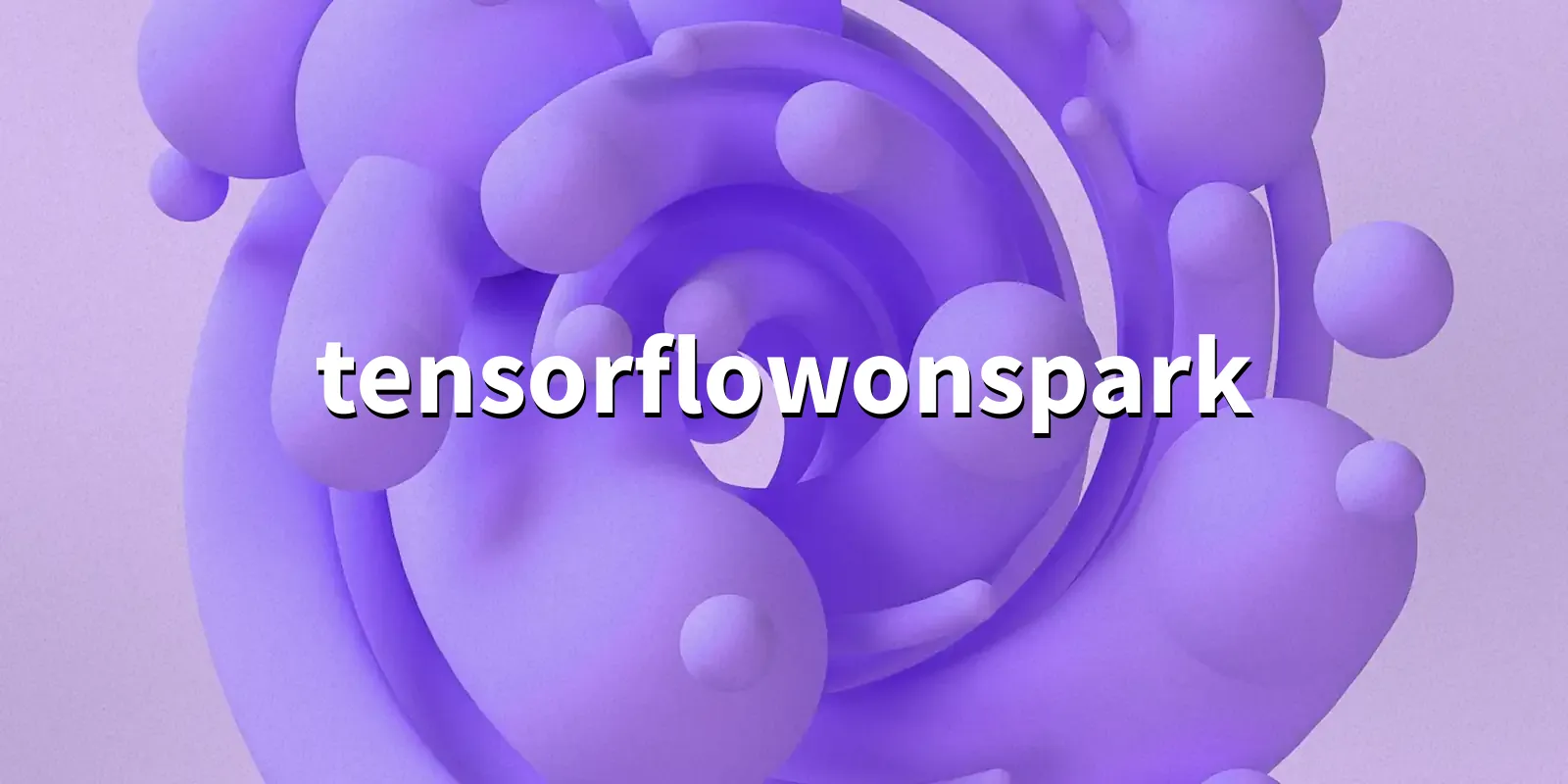
streamlit-tags 1.2.8
0
Tags custom component for Streamlit
Contents
Tags custom component for Streamlit
Stars: 287, Watchers: 287, Forks: 17, Open Issues: 17The gagan3012/streamlit-tags repo was created 3 years ago and the last code push was 2 years ago.
The project is popular with 287 github stars!
How to Install streamlit-tags
You can install streamlit-tags using pip
pip install streamlit-tags
or add it to a project with poetry
poetry add streamlit-tags
Package Details
- Author
- Gagan Bhatia
- License
- MIT
- Homepage
- https://github.com/gagan3012/streamlit-tags
- PyPi:
- https://pypi.org/project/streamlit-tags/
- GitHub Repo:
- https://github.com/gagan3012/streamlit-tags
Related Packages
Errors
A list of common streamlit-tags errors.
Code Examples
Here are some streamlit-tags code examples and snippets.
GitHub Issues
The streamlit-tags package has 17 open issues on GitHub
- Adding st tags to st form
- Can st_tags add a disabled parameter
- bootstrap.min.css.map read error
- How to customize text size?
- Suggestions in a dropdown
- Component keeps refreshing when using dynamic custom values
 pythonfix
pythonfix







